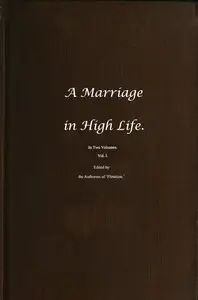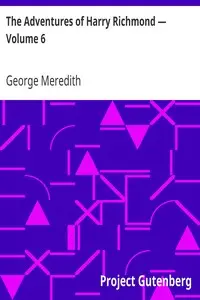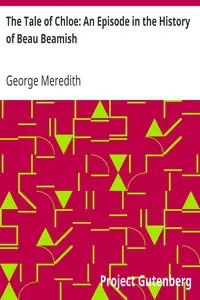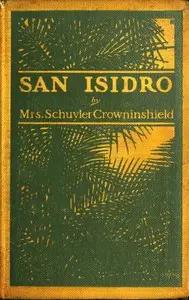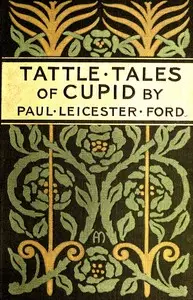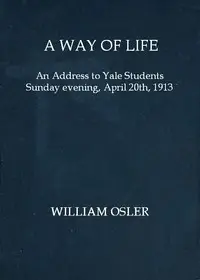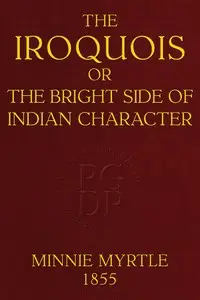"The Amazing Marriage — Complete" by George Meredith is a late 19th-century novel that throws you into a world of forbidden love and societal drama, where the stunning Countess of Cressett shocks everyone by running off with the daring Old Buccaneer, Kirby. The story looks at what happens when love clashes with honor and what society expects, mainly focusing on the people caught up in the scandalous romance. You’re introduced to high society life, where the Countess is known for her beauty and charm. As the story moves forward, a character called Dame Gossip keeps everyone updated on the Countess’s adventures, her close relationship with her brother, Lord Levellier, and the exciting results of her secret love affair with Kirby. The suspense builds as the Countess's secret plans come to light, leading to a daring escape that shows just how rebellious and brave she is.

The Amazing Marriage — Complete
By George Meredith
Amidst societal disapproval, a captivating Countess makes a bold escape, igniting a whirlwind romance with an adventurous buccaneer.
Summary
About the AuthorGeorge Meredith was an English novelist and poet of the Victorian era. At first, his focus was poetry, influenced by John Keats among others, but Meredith gradually established a reputation as a novelist. The Ordeal of Richard Feverel (1859) briefly scandalised Victorian literary circles. Of his later novels, the most enduring is The Egoist (1879), though in his lifetime his greatest success was Diana of the Crossways (1885). His novels were innovative in their attention to characters' psychology, and also portrayed social change. His style, in both poetry and prose, was noted for its syntactic complexity; Oscar Wilde likened it to "chaos illumined by brilliant flashes of lightning". Meredith was an encourager of other novelists, as well as an influence on them; among those to benefit were Robert Louis Stevenson and George Gissing. Meredith was nominated for the Nobel Prize in Literature seven times.
George Meredith was an English novelist and poet of the Victorian era. At first, his focus was poetry, influenced by John Keats among others, but Meredith gradually established a reputation as a novelist. The Ordeal of Richard Feverel (1859) briefly scandalised Victorian literary circles. Of his later novels, the most enduring is The Egoist (1879), though in his lifetime his greatest success was Diana of the Crossways (1885). His novels were innovative in their attention to characters' psychology, and also portrayed social change. His style, in both poetry and prose, was noted for its syntactic complexity; Oscar Wilde likened it to "chaos illumined by brilliant flashes of lightning". Meredith was an encourager of other novelists, as well as an influence on them; among those to benefit were Robert Louis Stevenson and George Gissing. Meredith was nominated for the Nobel Prize in Literature seven times.

